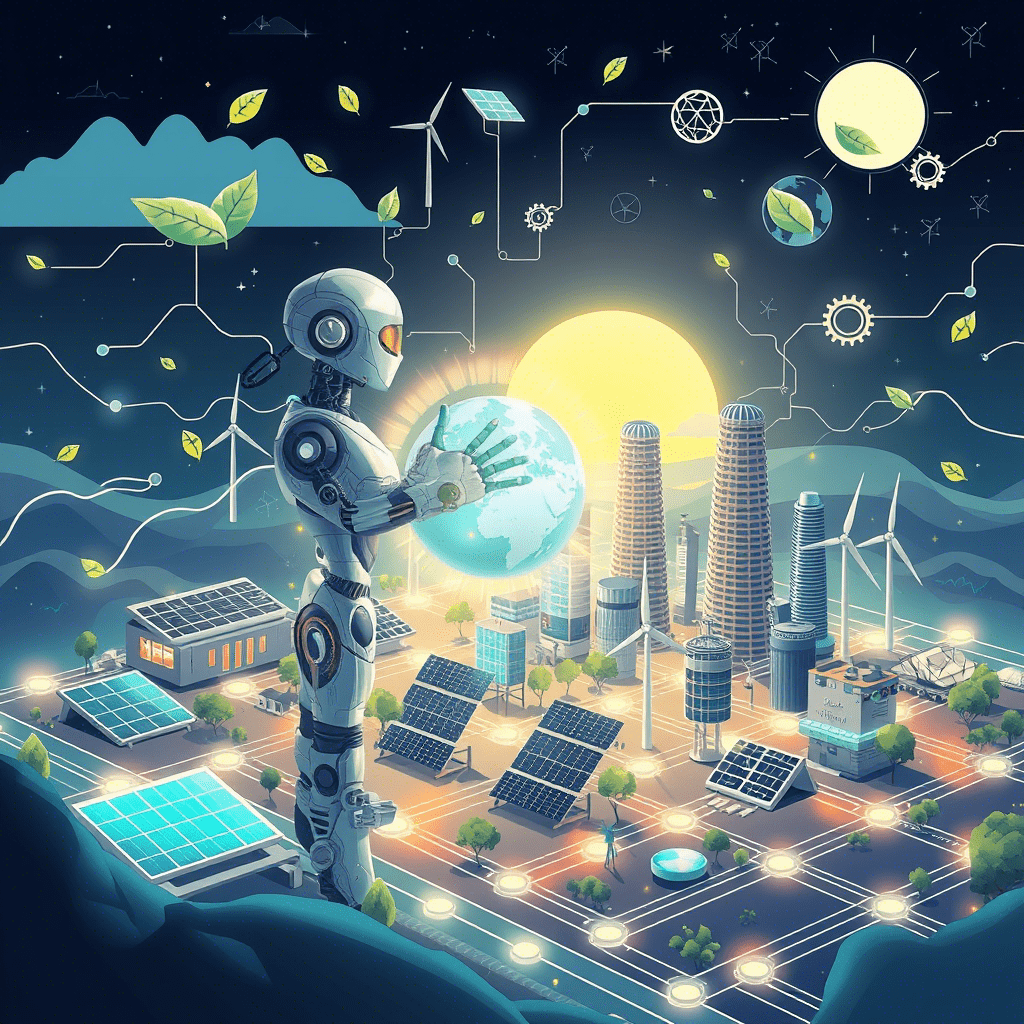Core motivation behind the partnership between Rio Tinto and Exurban, highlighting their shared commitment to sustainability, technological innovation, and the crucial role of e-waste recycling in meeting the growing demand for critical metals responsibly. The collaboration reflects a broader shift toward a circular economy, where resources are recovered, reused, and kept in circulation, reducing reliance on traditional mining while addressing the environmental challenges posed by the ever-growing mountain of electronic waste.
The planned $340 million facility in Fort Wayne, Indiana, represents a significant step in this direction, aiming to recover valuable metals like copper, gold, and silver from e-waste using advanced zero-waste technologies. This initiative not only underscores the potential for urban mining to supplement traditional resource extraction but also sets a new standard for environmentally responsible recycling practices in the industry.





